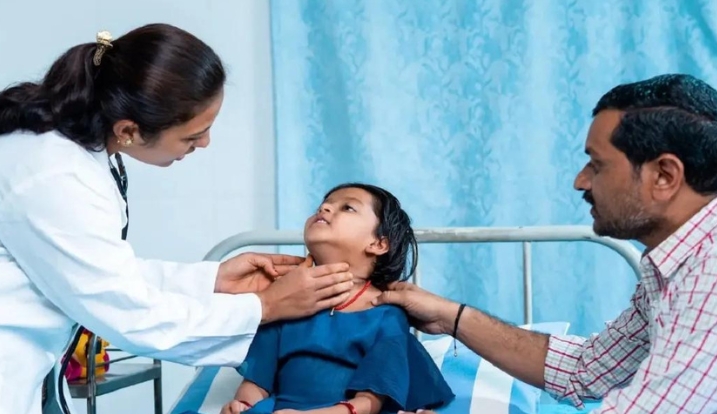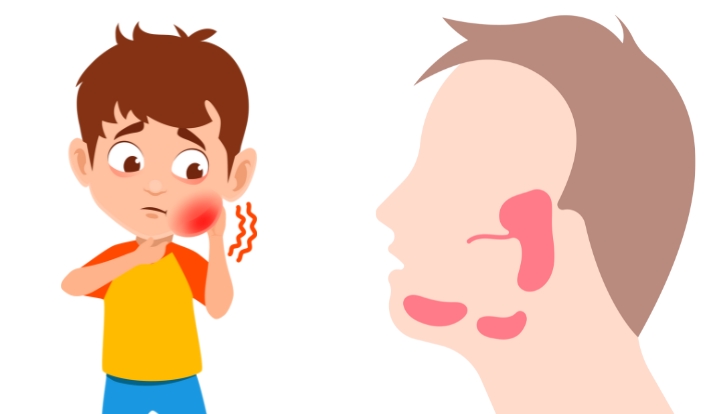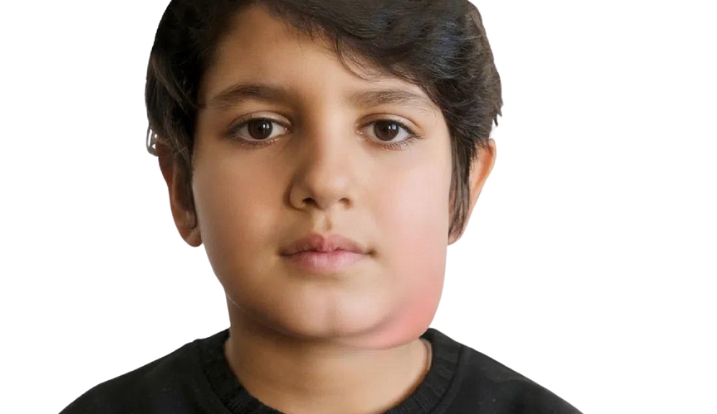Everything Parents Need to Know About the Mumps Outbreak | Causes, Symptoms And Treatment

Only For Pro
Reviewed by expert panel
Kerala is currently facing a Mumps outbreak with over 2,500 cases this month, and more than 11,000 cases in over two months this year, as per a report by the Indian Express. In fact, the single day spike of infected individuals was reported to be 190 on Sunday. Since the illness commonly affects children between the ages 2 to 12, here is everything you need to know about Mumps outbreak in India, Mumps symptoms and treatment.
What is Mumps and how is it caused
Mumps is an airborne disease that affects the salivary glands and causes them to swell. As per the CDC. Mumps is caused by a paramyxovirus, a member of the Rubulavirus family and the average incubation period for mumps is 16 to 18 days. The virus can spread through:
-
Sneezing, talking or coughing
-
Sharing things that may be infected with saliva, such as utensils, children’s toys
-
Activities involving close contact with others such as playing sports, dancing, kissing

Who is at risk for Mumps
Mumps can affect a child who:
-
Is unvaccinated against the virus
-
Has a weakened immune system
-
Is exposed to someone infected with mumps
How to Prevent Mumps
Dr Janardan Reddy talks about how Mumps can be prevented. “To safeguard children from mumps, parents can ensure they receive the MMR vaccine, maintain good hygiene practices like frequent handwashing, avoid close contact with infected individuals, and keep children home if they've been exposed to the virus.” The MMR vaccine protects children from three serious diseases, Mumps, Measles and Rubella and the first dose is generally administered when a child turns 1. Since the government immunisation programme does not cover Mumps, you can get it done from private centres.
Dr Janardan further adds, “preventing the spread of mumps among children in schools and communities involves promoting vaccination, enforcing strict hygiene measures, isolating infected individuals, and educating the public about vaccination and disease prevention.”

Symptoms of Mumps
Some of the most common symptoms of Mumps in children include:
-
Swollen and tender salivary glands
-
Fever
-
Headaches
-
Muscle aches
-
Fatigue
-
Reduced appetite
-
Discomfort while swallowing or chewing
“Parents/caregivers should care for mumps-infected children by providing relief for pain and fever, encouraging rest, ensuring adequate fluid intake, offering soft foods, and promptly seeking medical attention for any complications”, according to Dr Janardan.

Treatment for Mumps
Dr. Janardan says, “Treating children with mumps can pose challenges for parents, such as managing gland swelling, ensuring proper hydration and nutrition, monitoring for potential complications like meningitis, and preventing transmission to others.” If you suspect that your child has Mumps, seek the advice of a doctor immediately. To help with your child’s general recovery, ensure that the child gets:
-
Bed rest
-
Plenty of fluids
-
Nutritious foodAs per Dr Janardan, children may also face long term complications like “orchitis, oophoritis, meningitis, encephalitis, hearing impairment, and in rare cases, infertility” after recovering from mumps.
If you suspect your child or someone you know has mumps, it is important to contact your doctor for proper evaluation and management of the illness. Additionally, practising good hygiene, avoiding contact with infected individuals and ensuring vaccination against mumps can help prevent the spread of the virus.
Be the first to support
Be the first to share
Comment (0)
Related Blogs & Vlogs
No related events found.
Loading more...